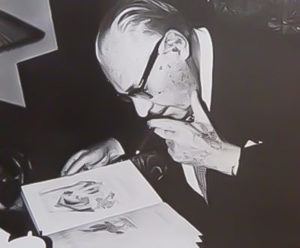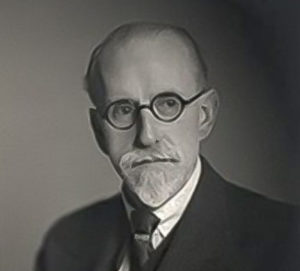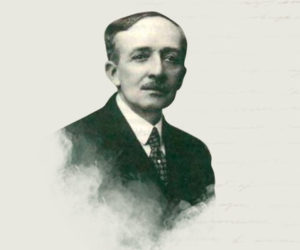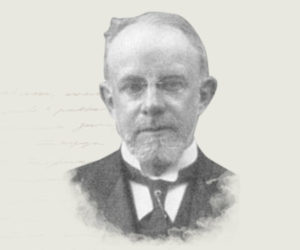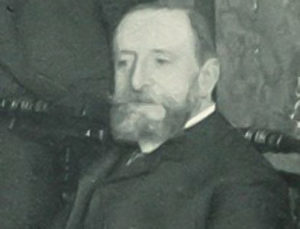1954-1956: Gustav Keckeis (1884-1967), Switzerland
Gustav Keckeis became head of the Herder publishing house in Freiburg im Breisgau. After the National Socialists came to power, he moved to Zurich and in 1935 took over the management of the Benziger publishing house. From 1939 to 1941 Keckeis was President of the Swiss Booksellers and Publishers Association. Keckeis was also an author under the pen name Johannes Muron. More information: Wikipedia

